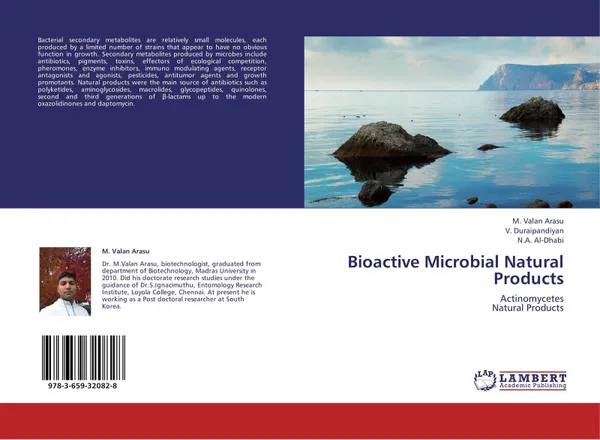Bioactive Microbial Natural Products
2013
68 страниц
Язык: Английский
Тираж: 1000
📓 Bacterial secondary metabolites are relatively small molecules, each produced by a limited number of strains that appear to have no obvious function in growth. Secondary metabolites produced by microbes include antibiotics, pigments, toxins, effectors of ecological competition, pheromones, enzyme inhibitors, immuno modulating agents, receptor antagonists and agonists, pesticides, antitumor agents and growth promotants. Natural products were the main source of antibiotics such as polyketides, aminoglycosides, macrolides, glycopeptides, quinolones, second and third generations of β-lactams up to the modern oxazolidinones and daptomycin.
Мнения
